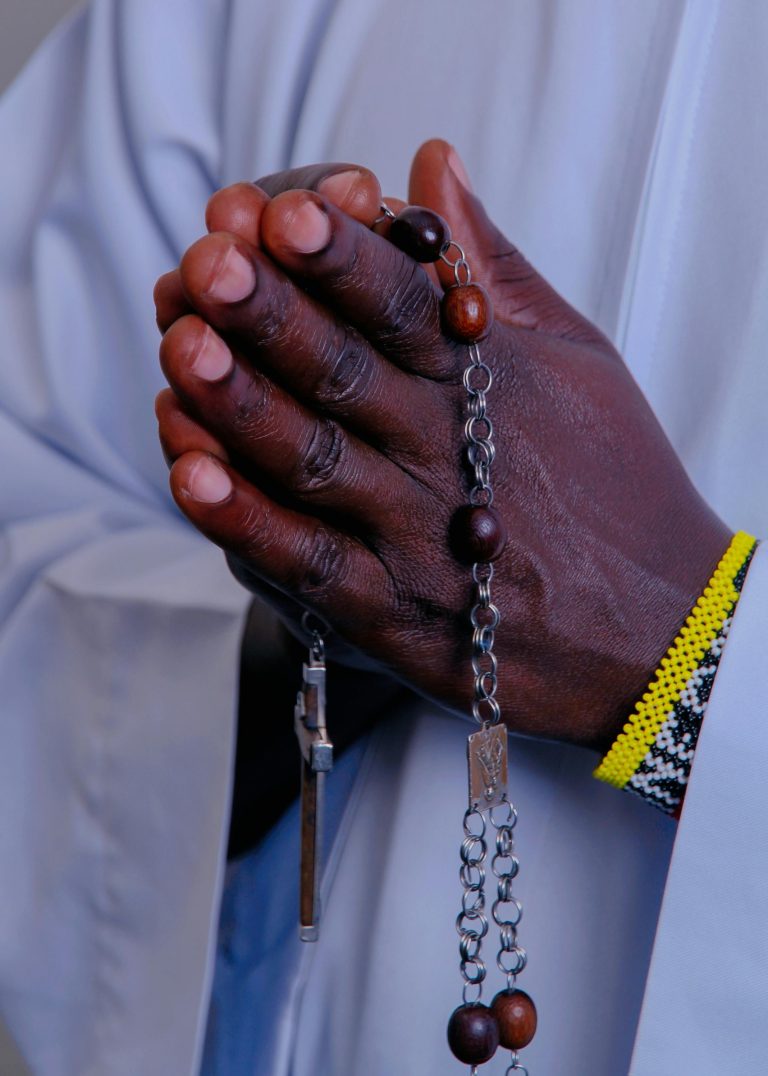Faith in Uganda
Faith in Uganda begins our journey into a country where spirituality and culture intertwine in vibrant ways. Uganda invites visitors to explore its dynamic mix of faith traditions and ancient beliefs, providing a unique travel experience rooted in both faith and heritage. This article offers an in-depth guide to appreciating and engaging with the major faith communities and religious customs you will encounter while visiting Uganda.
Indigenous Beliefs: Traditional Faiths and Spiritual Heritage
Among the earliest layers of Faith in Uganda lie the indigenous religions of the Baganda and other ethnic groups. In the Buganda kingdom, the faith centred on Katonda, the supreme creator, and the mythic figure Kintu who symbolised humanity’s origin. Sacred sites such as the Kasubi Tombs and the Naggalabi Coronation Site still serve as spiritual centres and connections to ancestral traditions. Although fewer than one percent of the population follow solely indigenous religion today, many people blend those traditions with Christian or Muslim practices. The resilience of these faith threads gives visitors a window into the enduring spiritual roots of Uganda’s cultural fabric.
Islam: A Historic Pillar of Faith in Uganda
When we turn to Faith in Uganda, Islam stands out as one of the earliest foreign-religious additions to the country. Introduced in the nineteenth century via Arab traders and missionaries, Islam now accounts for a significant portion of the population. In Uganda the largest group is Sunni Muslims, with smaller Shia and Ismaili communities adding richness to the religious landscape. One of the standout landmarks of this tradition is the Gaddafi National Mosque in Kampala, where Friday Jumu’ah prayers draw large congregations and visitors alike. The presence of Islam in Uganda is not only spiritual but also socially active, with many mosques, schools and charitable institutions contributing to community life across the country.
Christianity: Anglicanism and Roman Catholicism in Uganda
Christian faith traditions form the backbone of Faith in Uganda for many Ugandans. Within this broad umbrella two major streams dominate: the Anglican tradition through the Church of Uganda, and Roman Catholicism.
Anglicanism: The Church of Uganda
The Anglican stream was introduced by British missionaries and quickly established deep roots, especially in the Buganda region. The Namirembe Cathedral in Kampala is a key symbol where Sunday services blend Anglican liturgy with local musical expression and dance. The Church of Uganda is highly active in education, healthcare and social advocacy, making it a strong part of both spiritual and civic life.
Roman Catholicism: Pilgrimage and Community
Alongside Anglicanism, Roman Catholicism has the largest Christian following in Uganda. Introduced by French and Italian missionaries in the late nineteenth century, it left a lasting legacy. The story of the Uganda Martyrs, young converts executed in the late 1800s for their commitment to faith, is commemorated at the Namugongo Martyrs Shrine, a focal point for pilgrimage. The Rubaga Cathedral in Kampala is another landmark where Mass includes Ugandan hymns and ceremonies in diverse languages. Catholic communities also engage deeply in social work, running schools and hospitals and promoting peace and justice.
Read Also
Evangelical Movements: Born-Again and Balokole Churches
In recent decades the vibrancy of Faith in Uganda has grown through Born-Again and Balokole movements. Rooted in the East African Revival of the 1930s and 1940s, these movements emphasise personal conversion, repentance and the Holy Spirit. Services are expressive—singing, dancing, testimonies—and they attract younger and urban populations seeking dynamic community. The Balokole (meaning “the saved ones” in Luganda) emphasise moral discipline, community evangelism and social transformation. Today these churches account for around 15-20% of Uganda’s population and play an active role in youth outreach, anti-poverty programs and social support networks.
Minority Faiths and Religious Pluralism
A deeper exploration of Faith in Uganda reveals the rich presence of smaller faith communities, each contributing distinct colours and rhythms to the national tapestry. The Abayudaya Jewish community in Mbale and Nabugoye Hill practise Orthodox Jewish rituals alongside African culture. Sikh and Hindu communities—though numerically small—welcome visitors into temples and gurdwaras, especially during festivals like Diwali, Holi or Vaisakhi. The Bahá’í community, with its principle of unity of humanity and religion, holds gatherings and houses of worship that promote inter-faith harmony. Orthodox Christian congregations, including Ethiopian Orthodox traditions, maintain liturgies in Ge’ez and ancient ritual forms. Together these communities show how Uganda’s religious landscape is plural, vibrant and inclusive.
Visiting Handles of Faith: What You Should Know
When you explore Faith in Uganda during travel, respectful participation enhances your experience. Dress modestly when visiting religious sites, ask permission before taking photographs, and observe local customs—such as removing shoes before entering a mosque or temple. Participate in a service if invited, and always engage with humility and curiosity. Note the blend of tradition and modernity: a church service may include African drums, or an Islamic school may host community development activities. Not least, see how faith and civic life connect: religious groups manage schools, hospitals and welfare programs throughout Uganda.
As you reflect on Faith in Uganda, you’ll realise that this nation’s spiritual depth is matched by cultural warmth. Whether you visit a cathedral, a mosque, a synagogue, or a traditional sacred site, you participate in a story of identity, resilience and community. Embracing this journey allows you not only to observe but to engage meaningfully with Uganda’s diverse faith landscape, enriching your travel beyond the scenic and into the sacred.

